The second of November is a very important date for Autocar, as it was on this day 127 years ago our first ever issue hit the news stands.
To put that into clearer context, it predates all but two of the 300- plus antiques that will crawl from London to Brighton this Sunday.
Indeed, so early were we that our biggest story was the first public showing of horseless carriages in Britain, of a fortnight previous.
It was held at the agricultural showground in Tunbridge Wells, organised by the town mayor Sir David Salomons and automotive entrepreneur Frederick Simms.
Salomons’ 3.5hp two-cylinder Daimler-engined Peugeot vis-Ã -vis was the second car to be imported to this country – just days after the other exhibit, the 3.5hp Daimler-engined Panhard et Levassor of another entrepreneur, Evelyn Ellis.
The event was “hardly fair”, due to “rough, soft turf”, but still the cars “exhibited very remarkable speed capacity” of up to 15mph.
Being “much cheered as he passed” some 5000 spellbound spectators (a shilling paid each), Salomons “steeled himself to dare the majesty of the law” and took to the paved road into town.
“The [car] was shown to be under perfect control, and no one horse so much as lifted an eye as [it] sped somewhat noisily by.”
“It was felt by all present that the occasion undoubtedly heralded the dawn of a new era in vehicular propulsion on the high roads of this country,” we presciently concluded.
How the introduction of cars affected horses...
“Every new movement meets with a certain amount of senseless opposition from prejudiced individuals in this country,” we lamented, “and the autocar is not likely to be an exception to the rule. Persons are apt to be prejudiced when they do not understand a thing, and more especially so when they fear any interference with their interests. Not unnaturally we shall expect opposition to come mainly from those interested in the breeding and sale of horses, and in employments connected therewith, and it shows a broadness of spirit and openness of mind, which does credit to its honesty of purpose, when our contemporary The Field, a journal which may be considered to a certain extent to conserve the interests of the equine steed, in a recent article upon horseless carriages, says: ‘The chances are that they will serve a variety of useful purposes in the future, without in the least interfering with the horse interest, consequently, blind opposition to progression would be out of place, as well as futile.’
Our contemporary is right. The autocar has come to stay, and our friend the horse will still remain with us, though he will, doubtless, exist in the future under improved conditions.” Indeed, before long horses were being excused from hard-working lives, an added bonus the vanishing of their faeces from British streets.
What to call this invention?
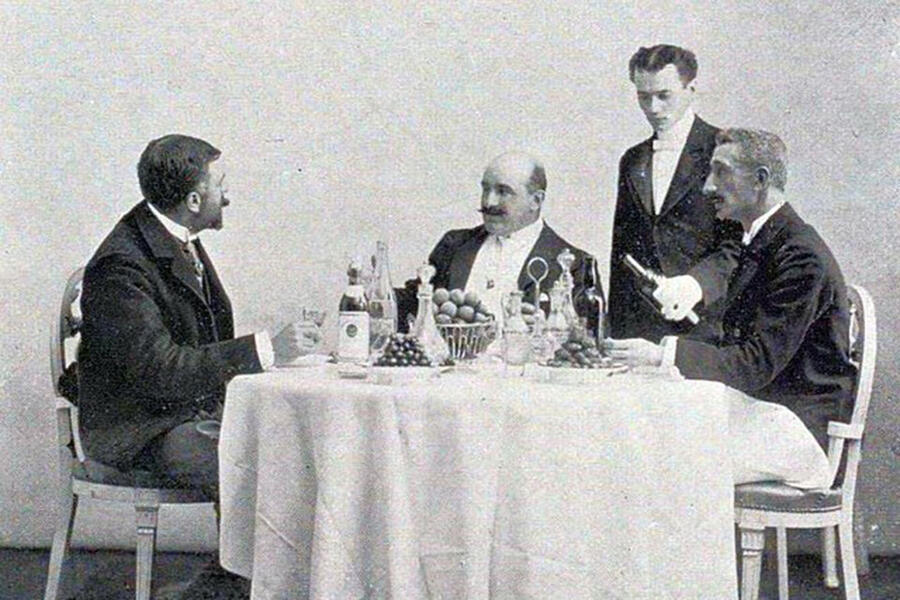
As self-propelled vehicles came to public attention, there was much debate over what to call them. Not for us the accepted French ‘voiture’ or German ‘motorwagen’. ‘Horseless carriage’, ‘horseless vehicle’, ‘selfpropelled carriage’, ‘petroleumdriven carriage’, ‘motor car’ and ‘autocar’ were among the many posited in Britain. We liked ‘autocar’ because it could neatly combine with any motive source’s name. However, ‘motor car’ won, soon abbreviated by most to simply ‘car’, while the Americans went for ‘automobile’.
The first ever American car
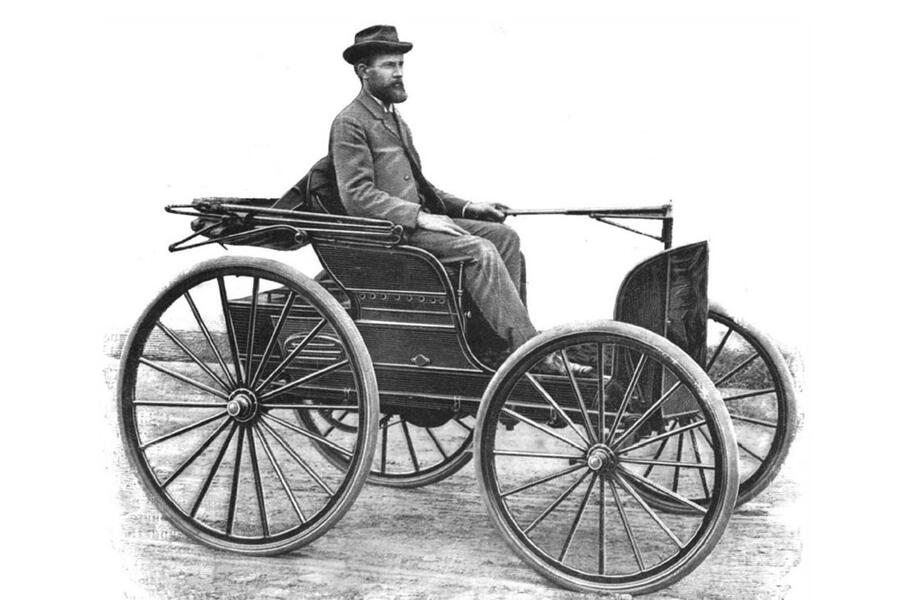
The car was invented in Germany in 1886, then the French took the lead, and then the Americans too beat we British to the chase. Thus Autocar’s first ever technical examination was of the first ICE car built in the US, the “marvellous” Duryea Motor Wagon – although written by Charles Duryea himself! “It is neat and compact, steers as easily as a bicycle, starts and stops by the manipulation of the steering lever; it runs forward or backward at will, and can be handled with a nicety not obtainable in a horse,” he said. Neat idea, huh?

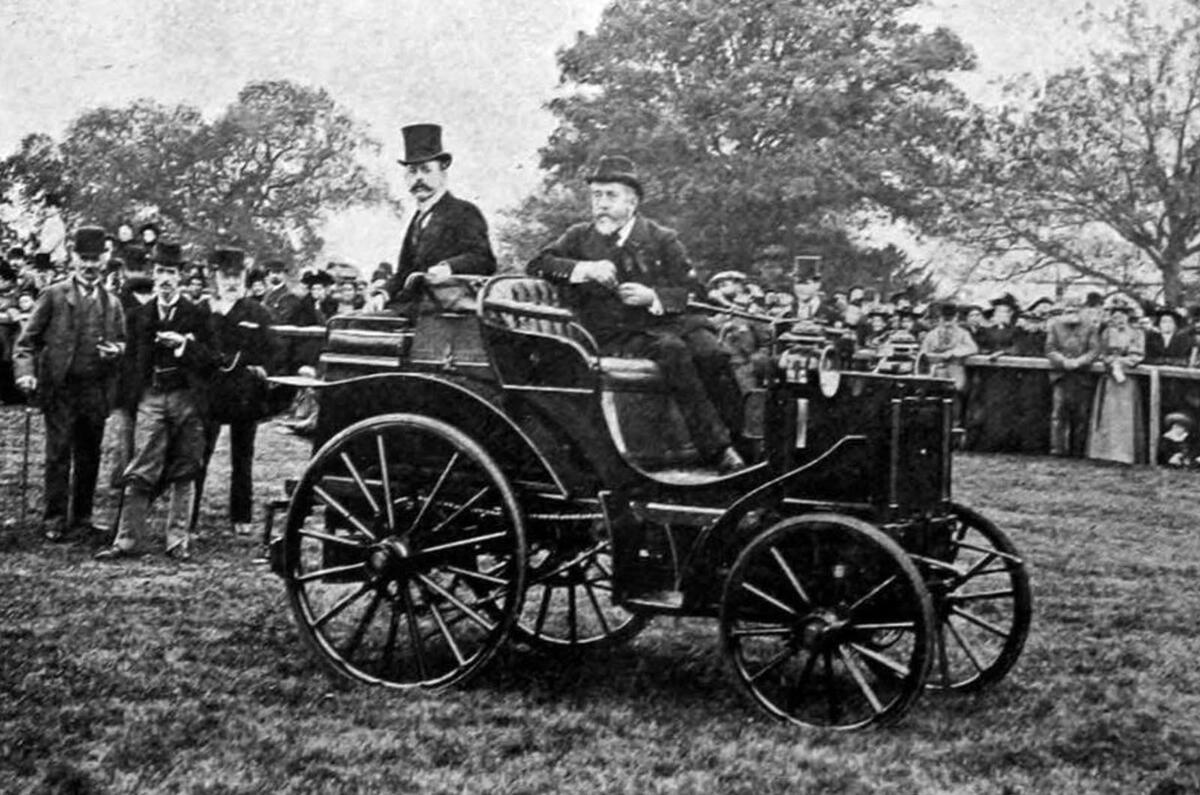
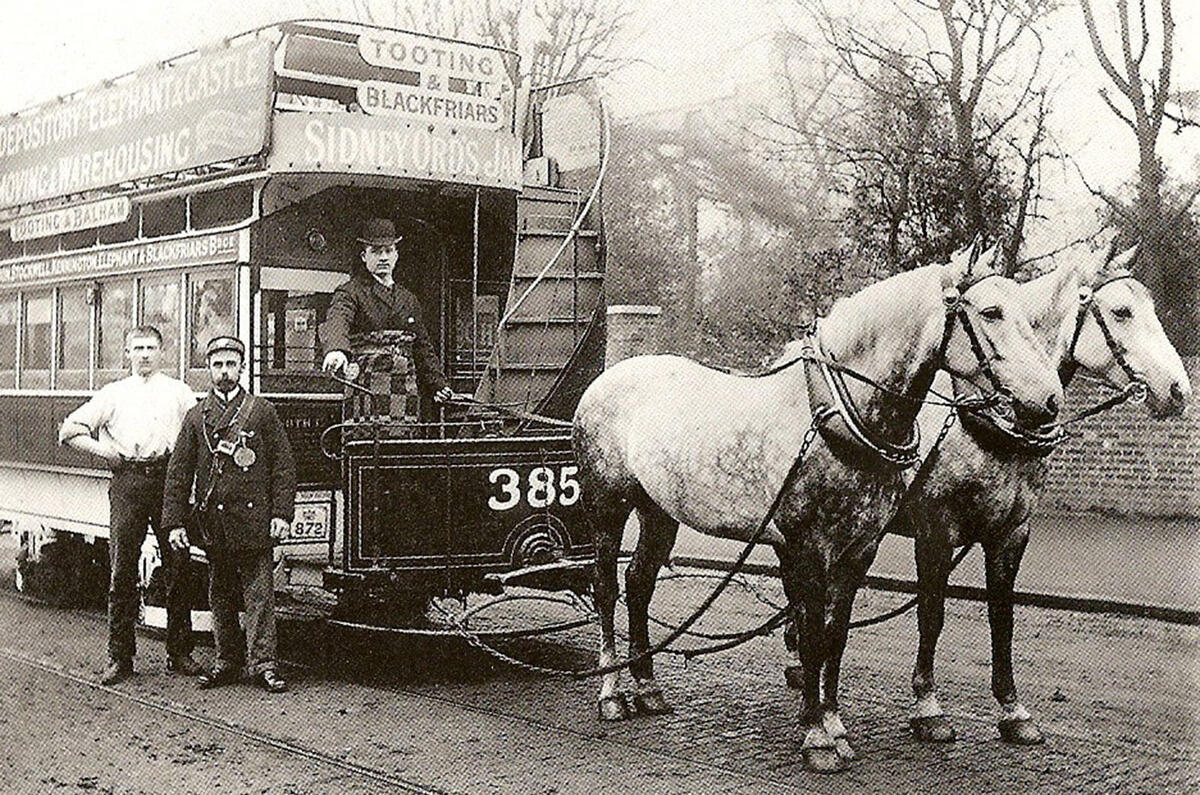
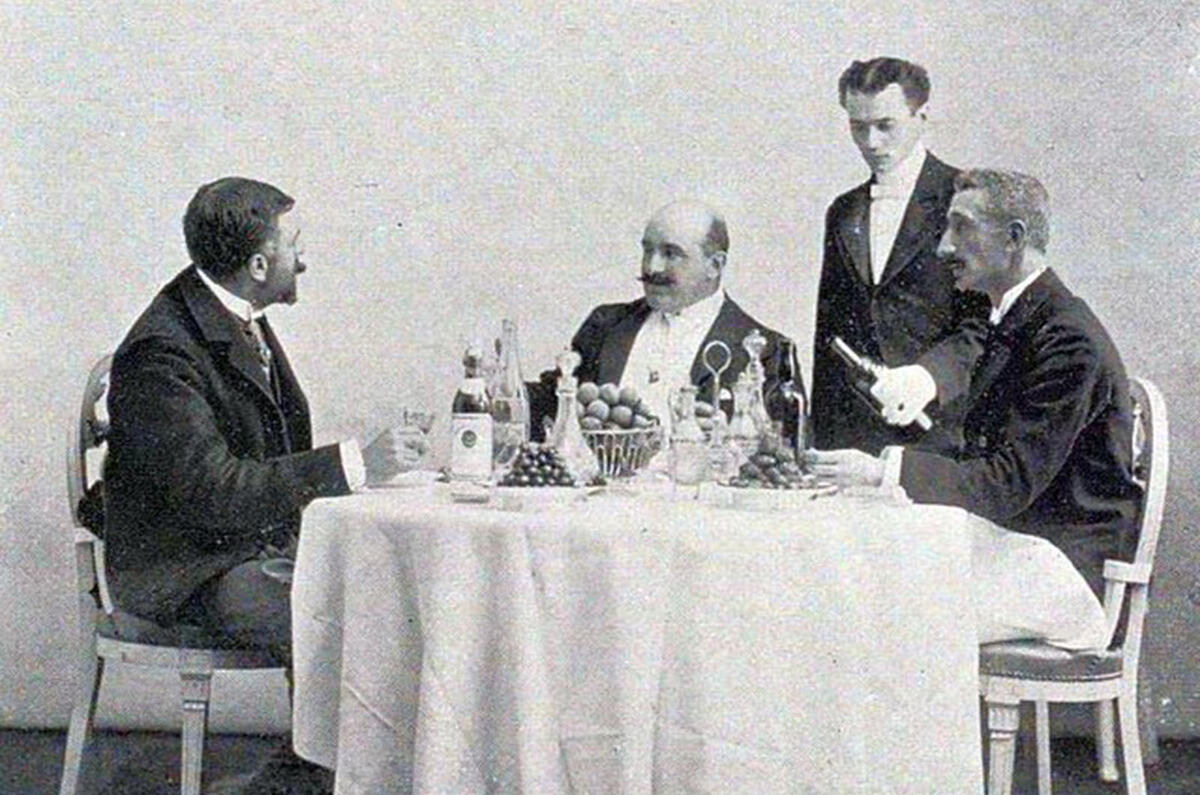
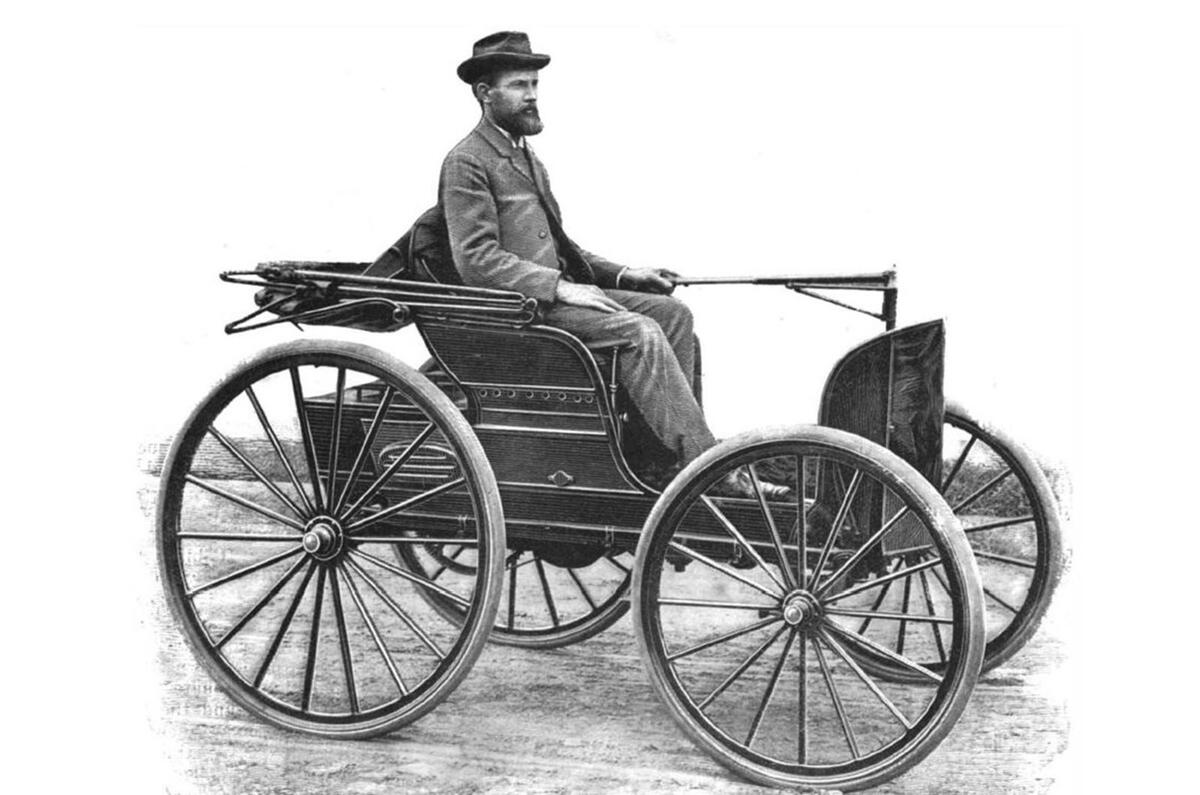
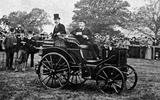
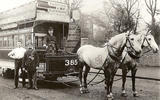
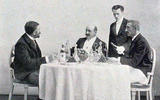
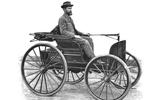


Join the debate
Add your comment
The following has been modified:
"...an added bonus the vanishing of their faeces from British faces"